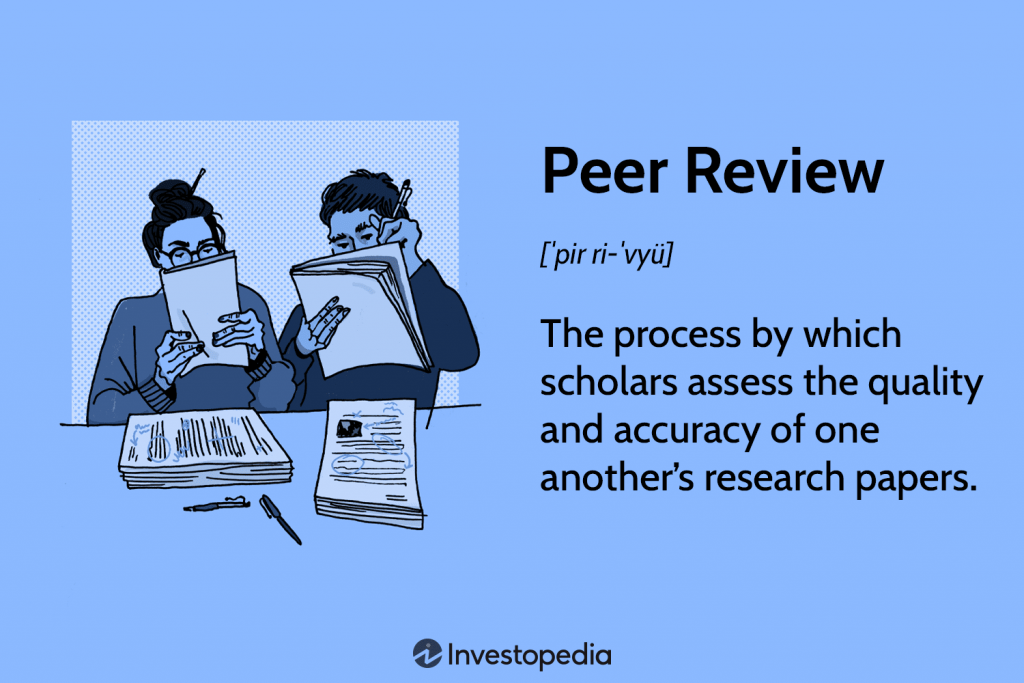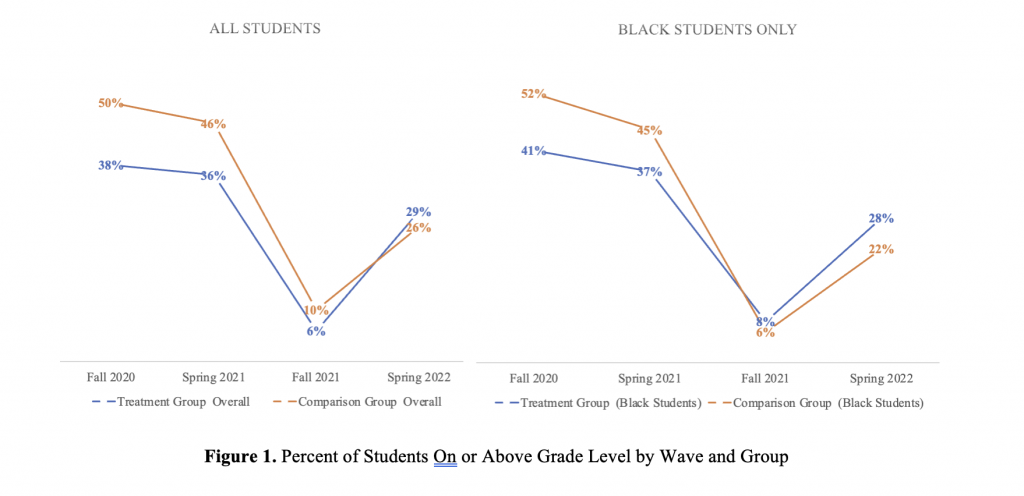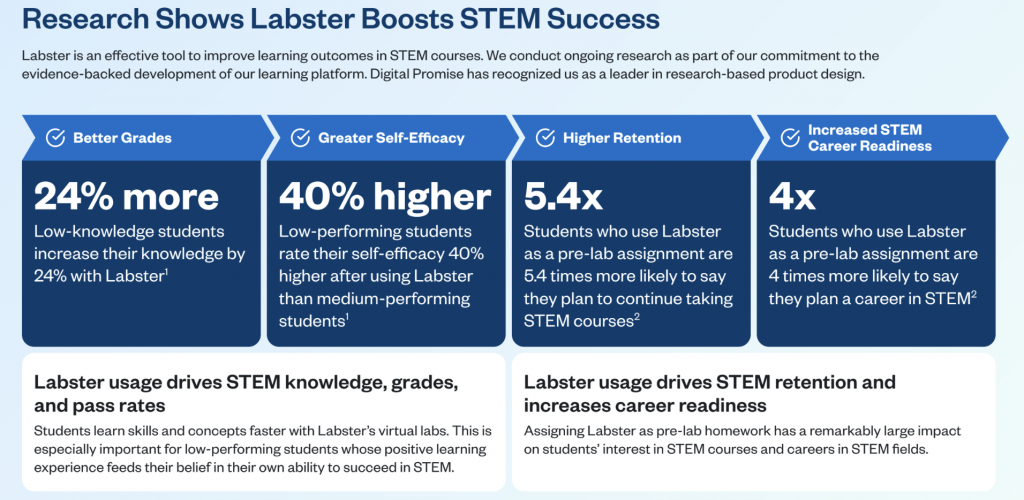Wondering how to get your paper peer-reviewed? Apply for a conference that publishes its proceedings! EdMedia + Innovate Learning is an international conference in the field since 1987 that spans all disciplines and levels of education, attracting researchers and practitioners from 70+ countries. If your product has a digital component, I highly recommend this approach for getting an external review of product research.
This annual conference offers a forum for discussing and exchanging research, development, and applications on all topics related to Innovation and Education. Dr. Schechter will represent the work of two research projects that LXD Research led with solution providers meeting the needs of the nation’s youngest learners and higher education.
What does it mean for a paper to be peer-reviewed?

What counts as “peer-reviewed” in educational research? This is when another researcher examines a researcher’s paper. Why are these two papers peer-reviewed?
- The paper was accepted at an academic conference that has researchers that are experts in the field review for acceptance.
- Because the paper will be published in the conference proceedings, it is a “peer-reviewed, published paper.”
- It is not a “peer-reviewed journal article” because it will be published in the conference proceedings and not a journal.
Accelerating Reading Gains with One95: Two-Year Efficacy Study for Kindergarten and First Grade (2020-2022)
Abstract: This study explores the efficacy of core phonics and intervention products by 95 Percent Group, LLC (“One95”), drawing on the relationship between technology, the science of reading, and learning sciences. Researchers analyzed data from 440 K-1 students in Maryland that rolled out One95 over two school years, fall 2020 to spring 2022. The sample included students who were 54% Black, 15% ELL, 8% SPED, and 75% Economically Disadvantaged. According to iReady® Diagnostic Reading, One95 students outperformed similar students who did not receive the program in the first year. In the second year, both groups used One95, and students with two years of use showed earlier growth and doubled the effect sizes than those with one year of use (0.64 vs. 0.31). Black One95 students also showed stronger reading outcomes than their comparison group peers by spring 2022. These results support that One95 positively and significantly impacted student literacy achievement.
Schechter, R.L., Chase, P.A., Li, Katie, A. (2023). Accelerating Reading Gains with One95: Two-Year Efficacy Study for Kindergarten and First Grade (2020-2022). EdMedia+ Innovate Learning.

Virtual Lab Implementation Model Predicts STEM Future Plans: Insights from Contemporary Science Courses in Higher Education
Abstract: Using a mixed-method approach, researchers examined college instructors’ use of a virtual lab simulation library, Labster, students’ perceptions of the simulations on their learning and future STEM plans, and data from the library to explore patterns of lab use and quiz scores. A detailed look at Contemporary Biology I and Biology II quiz scores found that virtual lab use was more regular during the second year of implementation, and students’ quiz scores significantly improved, with fewer quiz attempts. Outcomes of the student survey revealed that when virtual lab assignments occurred before the in-person lab, students were four times more likely to “Plan to work in a STEM field” and over five times more likely to “Plan to take more STEM courses” when compared to students who used the virtual labs at other times. To better understand the difference between a student confident of a future in STEM to one unsure, a sense of belonging to the science community at the university was a distinguishing factor. These findings have important implications for implementing virtual lab simulations to increase student performance, decrease DFW rates, and support continued STEM course enrollment.
Schechter, R.L., Chase, P.A., Shivaram, A. (2023). Virtual Lab Implementation Model Predicts STEM Future Plans: Insights from Contemporary Science Courses in Higher Education. EdMedia+ Innovate Learning, 6-10.

EdMedia + Innovate Learning is an international conference organized by the Association for the Advancement of Computing in Education (AACE)